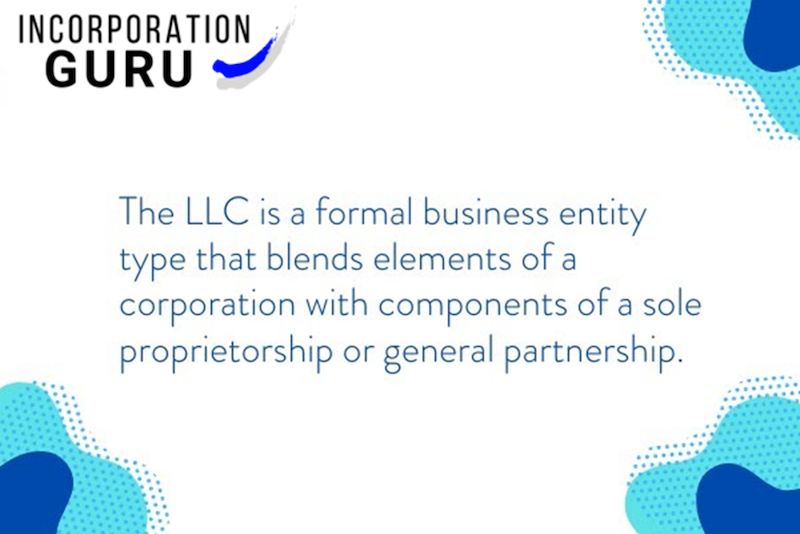Exploring The Most Popular Business Structures In The U.S
Branded Content by Cosmic Press
More Americans are set to start more businesses this year than in previous years. With the business formation process being nonlinear and onerous. It is said that “new business formation is a collective process involving not only the emergence of a formal business organization but also reorganizing the applicable resource market.”
Many questions come up when forming a business. And deciding on a suitable business structure is one of them. If you’re looking for a good business structure for your particular industry, forming a corporation is your best bet. Entrepreneurs, in particular, choose corporations over any other business structure as it can provide opportunities for business growth, with its unique ability to issue stock to shareholders.
Unlike other business structures, a corporation is unique because while more than one person can run it, it operates as its entity, meaning that it has the same legal rights as a person would. A corporation can buy assets, hire staff and act on its legal behalf.
The ability for a corporation to issue stock is a distinctive feature and benefit – not only for business owners but also for the shareholders. Shareholders will each own a predetermined percentage of the company’s net worth of the company – so they have a vested interest in it but don’t necessarily have the right to manage it. They do, however, have voting power to elect company management and directors who will then hire the relevant staff to run the business.
Corporations offer the best kind of business structure
One of the main reasons for choosing to form a corporation over any other type is raising capital by offering stock options. A much-needed cash boost can often be the propeller it needs to boost growth! The downside of this is that there will now be people who will help make decisions within the business. However, this is not a hindrance, as the whole point of shareholding is also to spread the liabilities. Essentially, everyone works together in the common interest to make the business and themselves more money! If this idea of shared decision-making isn’t right for you, then maybe having an LLC or another business structure type would suit you better.
Forming a corporation can protect you legally
While it does take a bit of time, registration fees, and solid planning to register and form a corporation, the process can be very beneficial to you and your business. Because the corporation is an individual entity, the owners/shareholders won’t be held legally responsible for any debt incurred by the company (unless, of course, there was fraudulent behavior on their part). Also, if a member happens to go bankrupt, the corporation remains unaffected.
Corporations can have a limitless lifespan, only beholden to the whims of the shareholders or pre-determined dissolution date. They also offer the advantage of specific tax cuts by deducting costs of employee benefits and can easily be transferred to a new owner through stock transfer. It trumps other business structures, such as LLCs and sole proprietorships, by requiring a lot less paperwork and filing fees.
As an added bonus, you also have the option to file for an S Corporation status, which provides significant tax cuts where you only pay personal taxes and no corporate income tax.
Things to consider when forming a corporation
As with all business structures, there are also some drawbacks to forming a corporation; they are initially expensive to form and are pretty pricey to maintain, as there are annual fees and an extensive report that most states require to be done every year – these can cost as much as $300 each.
Because of the many legal advantages corporations provide, they are heavily regulated by the US government. This means that to protect your protection status, you will need to comply with a large number of rules set out by your state.
Corporate tax is also quite hefty. So while you will enjoy lower personal tax liability, the taxes on a corporation is often higher than other types of business structures. For example, in a C corporation, you get double taxation where the corporate income tax rate on profits is almost a quarter percentage of earnings. But if you’re a smaller enterprise, you may be eligible for S corporation status to bypass heavy taxation.
No matter what business dreams you may have, make sure you choose the proper business structure that suits your goals, company needs, and your pocket.
This content is provided by an independent source for informational purposes only and does not contain legal advice. Consult an attorney or financial advisor when making decisions. This information is provided by legal writers and does not reflect the views or opinions of The Daily Sundial editorial staff.










